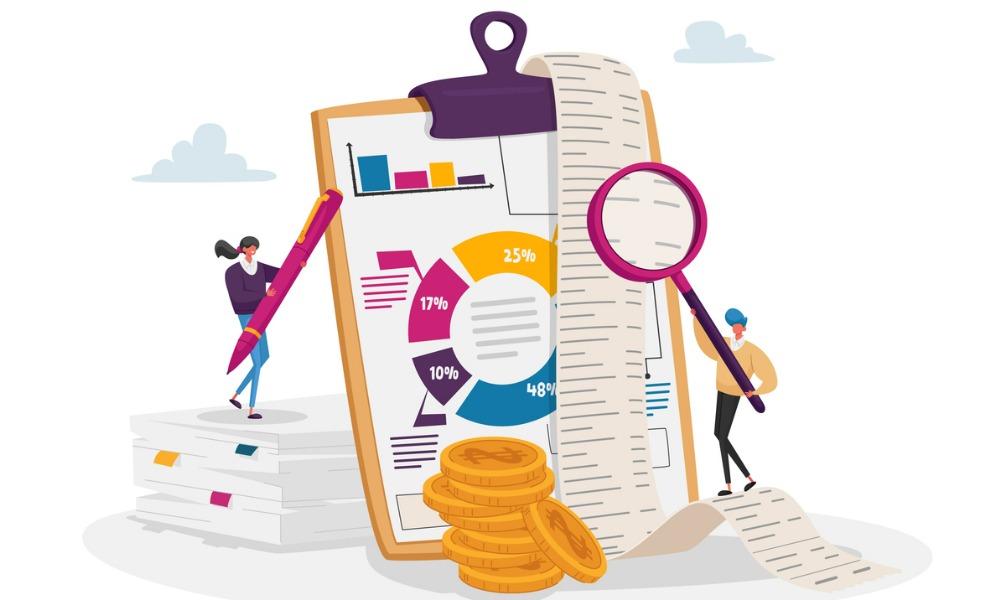New data suggests the worst of the price falls has passed

The mortgage squeeze is unlikely to cause mass defaults and a slump in prices, with new data from PropTrack suggesting that the worst of the falls has passed.
New PropTrack figures showed a continued slowdown in the rate of monthly price declines, with the cost of homes falling only 0.09% in January, according to a report by The Australian. That marks 10 straight months of softening conditions in the housing market, which currently sits 4.15% below its peak.
Sydney, Brisbane, Hobart and Canberra all saw their fastest falls in more than a decade, and Canberra also posted its deepest decline over the same period, The Australian reported.
However, PropTrack senior economist Eleanor Creagh said the worst of the falls seem to have occurred in the second half of last year, concurrent with the fastest increase in interest rates since the mid-1990s.
“It does make sense that in a front-loaded hiking cycle, the majority of the impact would happen early on, rather than being a kind of slow grind down,” Creagh told The Australian. “It’s really quite a unique circumstance and very sharp adjustment in interest rates over a very short period of time. Now we’ve approached a point where interest rates are closer to their peak than not, people are potentially starting to think about the pause in tightening that could come this year as inflation pressures ease off somewhat. Potentially, that’s some of the reasons why we’re seeing these declines are occurring at a slower pace.”
Default wave “unlikely”
While a wave of fixed-rate mortgages – taken out when rates were at record lows – are set to expire in the next 12 months, Creagh said she didn’t think the market would see a wave of forced sales.
“It will certainly be a really challenging period,” she said. “For a lot of people and households, it’s going to have a big cash-flow impact, but for the majority of homeowners, it’s unlikely to end in default.”
Read next: February hike will cut borrowing power by $143,000
The worst performers at the beginning of the year were Canberra, down 0.24%, and Melbourne, down 0.22%, The Australian reported.
Sydney dropped 0.06%, Brisbane fell 0.07%, Hobart fell 0.05% and Adelaide fell 0.14%.
Perth rose 0.6% and Darwin held steady at its peak, according to The Australian.
Creagh said she anticipated one or two more 0.25% rate hikes before the cycle ends.
Have something to say about this story? Let us know in the comments below.



